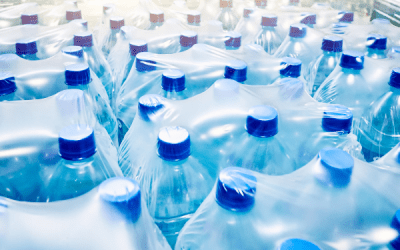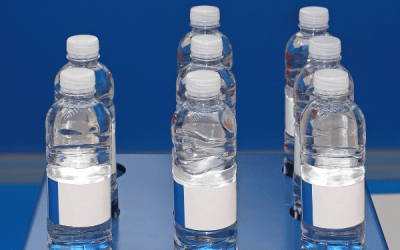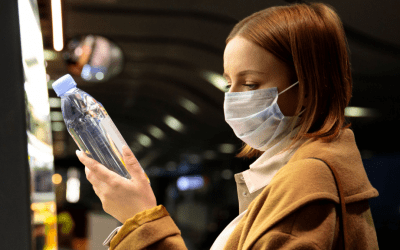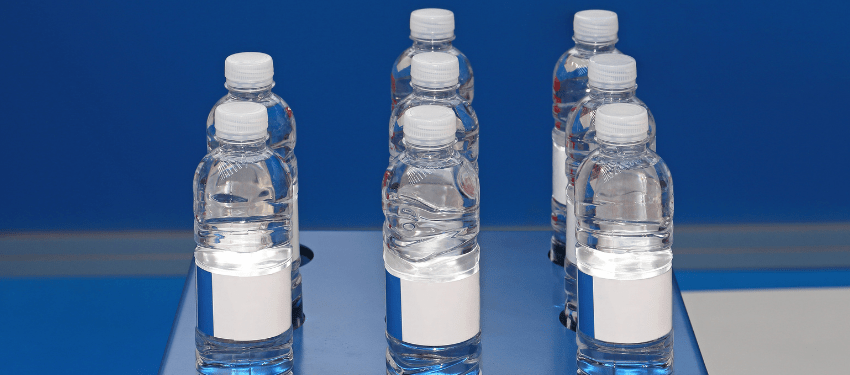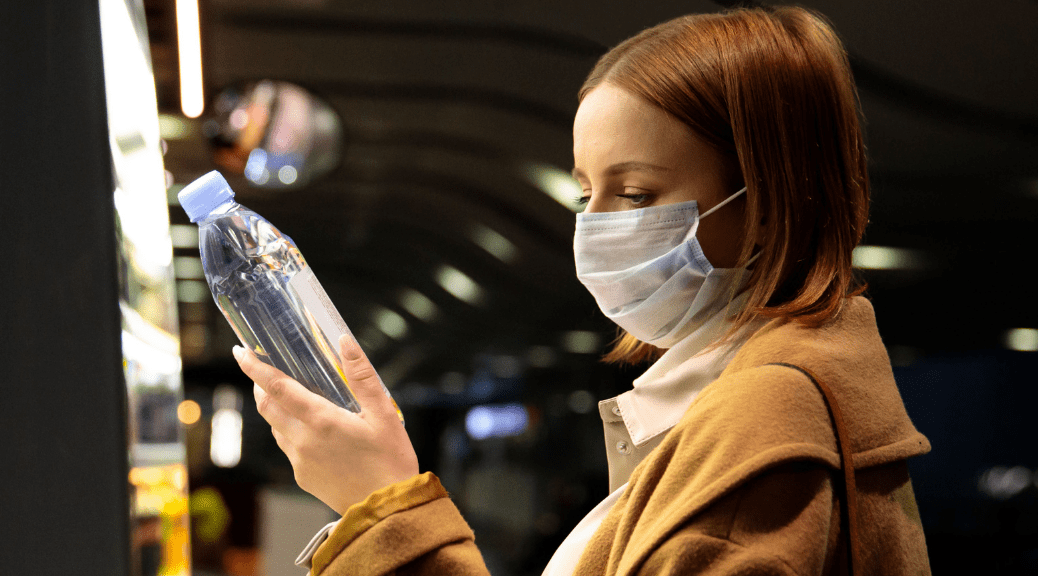Consumer voice testing of one litre packaged drinking waterPackaged drinking water is now most commonly used by people everywhere. Whether travel,...
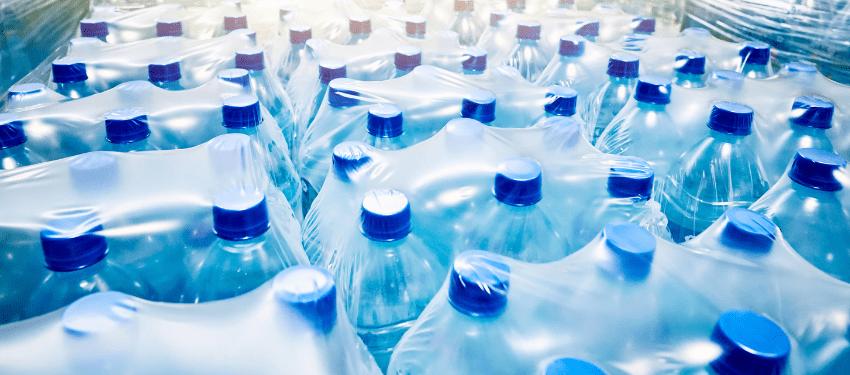
consumer voice testing of one litre packaged drinking water
Consumer voice testing of one litre packaged drinking water

Packaged drinking water is now most commonly used by people everywhere. Whether travel, office or school, 1 lt packaged drinking water is used by one and all. But are they all safe? Do they meet the standard requirements? In order to find out the safety of 1 lt packaged drinking water, Consumer VOICE tested conducted in a NABL accredited lab. Other than lab testing some of the general observations that were made included the packing of drinking water and markings/labelingmrequirements were verified as per the Indian standard requirements.
Products Tested: Bisleri, Bailley, Rail Neer, Kingfisher, Bonaqua, Kinley, Aquafina
Which are the parameters covered in the testing of 1lt packaged drinking water?
The comparative test programme was based on the mandatory Indian standard IS 14543:2016. The test parameters for this study were mainly based on Indian Standard to judge the overall quality of packaged drinking water and also by following the FSS Regulations/requirements.
What is TDS in packaged drinking water?
TDS or Total Dissolved Solids is directly related to the quality of water purification systems and affects everything that consumes, lives in, or uses water, whether organic or inorganic. As per the Indian standard, TDS in packaged drinking water should be 500 mg/liter maximum. Drinking-water becomes significantly and increasingly unpalatable at TDS levels greater than 1000 mg/litre.
What are the parameters concerning toxic substances?
As per the national standard, the toxic substances which should be within prescribed limit of Indian standard present in packaged drinking water are Mercury, Cadmium, Arsenic, Cyanide, Lead, Chromium and Nickel.
What are test results?
All the tested brands were found safe for human consumption as they had complied with the Bureau of National Standard requirements IS 14543. Click here to get the copy of the digital magazine right now.
Related
consumer voice testing of one litre packaged drinking water
What Is Packaged Drinking Water?
What Is Packaged Drinking Water?It is water derived from varied sources including surface, ground or sea and subjected to treatment like...
No need to pay extra for bottled water at cinemas, malls and airports: Ram Vilas Paswan
No need to pay extra for bottled water at cinemas, malls and airports: Ram Vilas Paswan As consumers, we feel helpless when we get charged extra for...

